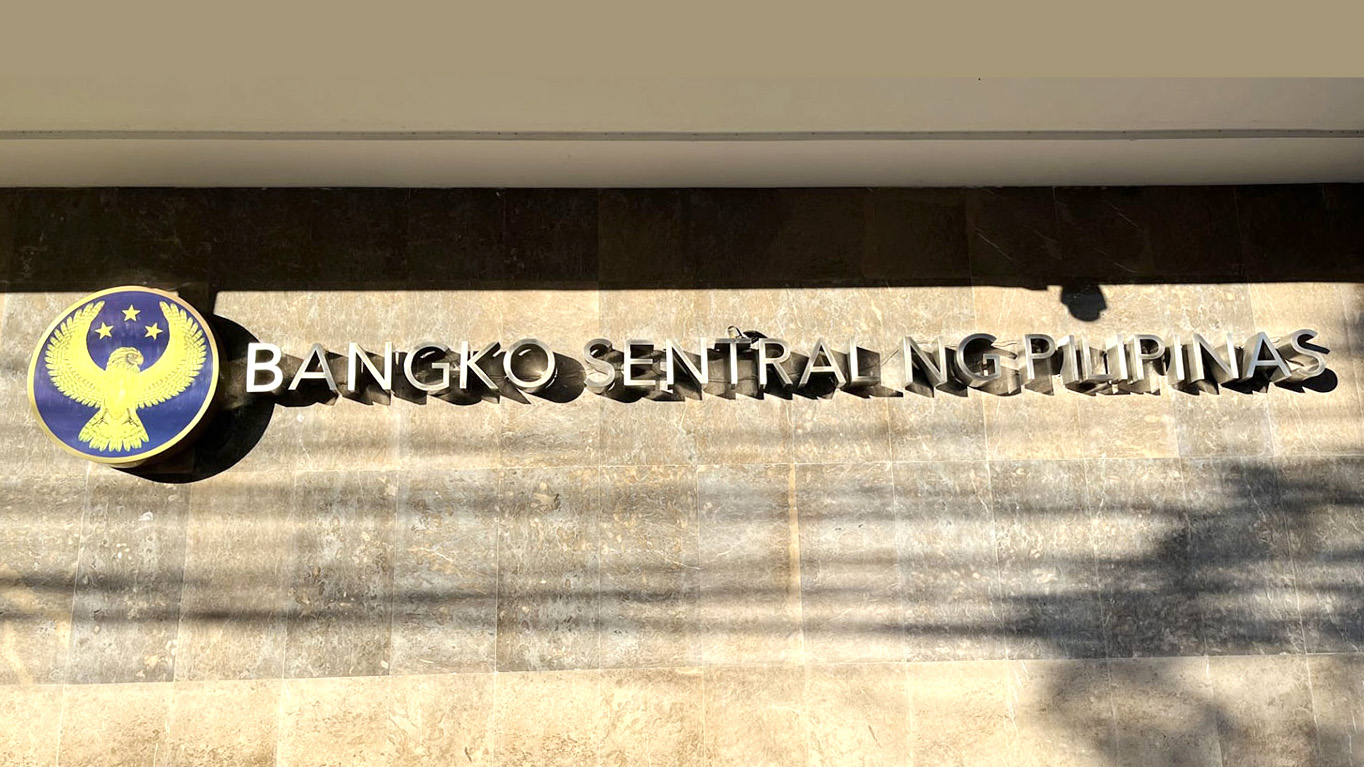Yields on central bank’s term deposits decline

YIELDS on the central bank’s term deposits dropped on Wednesday amid the volatility in global oil prices due to the Middle East conflict.
The term deposit facility (TDF) of the Bangko Sentral ng Pilipinas (BSP) fetched bids amounting to P250.346 billion on Wednesday, well above the P190-billion offering as well as the P224.66 billion tenders for a P280-billion offer seen a week ago.
Broken down, tenders for the seven-day papers reached P122.965 billion, higher than the P90 billion auctioned off by the central bank and the P103.135 billion in bids for the P160-billion offering the previous week.
Banks asked for yields ranging from 6.5% to 6.54%, narrower than the 6.52% to 6.565% band seen a week earlier. This caused the average rate of the one-week deposits to decrease by 0.84 basis point (bp) to 6.53% from 6.5384% previously.
Meanwhile, bids for the 14-day term deposits amounted to P127.381 billion, beyond the P100-billion offering and the P121.525 billion in tenders for the P120 billion auctioned off on April 17.
Accepted rates for the tenor were from 6.55% to 6.5825%, narrowing from the 6.55% to 6.6% margin seen a week ago. With this, the average rate for the two-week deposits fell by 1.56 bps to 6.5668% from 6.5824% logged in the prior auction.
The central bank has not auctioned off 28-day term deposits for more than two years to give way to its weekly offerings of securities with the same tenor.
The term deposits and the 28-day bills are used by the BSP to mop up excess liquidity in the financial system and to better guide market rates.
Term deposit yields went down as global oil prices reached three-month lows amid easing geopolitical tensions in the Middle East, Rizal Commercial Banking Corp. Chief Economist Michael L. Ricafort said in a Viber message.
On Wednesday, oil prices were mostly flat, with US crude at $83.43 per barrel and Brent at $88.47 as investors kept an eye on tensions in the Middle East, Reuters reported.
US crude inventories fell 3.237 million barrels in the week ended April 19, according to market sources citing American Petroleum Institute figures. In contrast, six analysts polled by Reuters had expected a rise of 800,000 bar-rels.
Markets were rattled after Iran launched hundreds of drones and missiles against Israel earlier this month in retaliation for an alleged airstrike by Israel on the Iranian consulate in Syria.
Iran is the third-largest producer in the Organization of the Petroleum Exporting Countries. It produces about 3% of the world’s total output, equivalent to 3 million barrels of oil per day. — Luisa Maria Jacinta C. Jocson with Reuters



